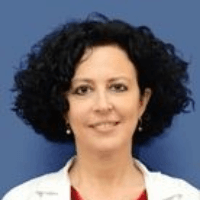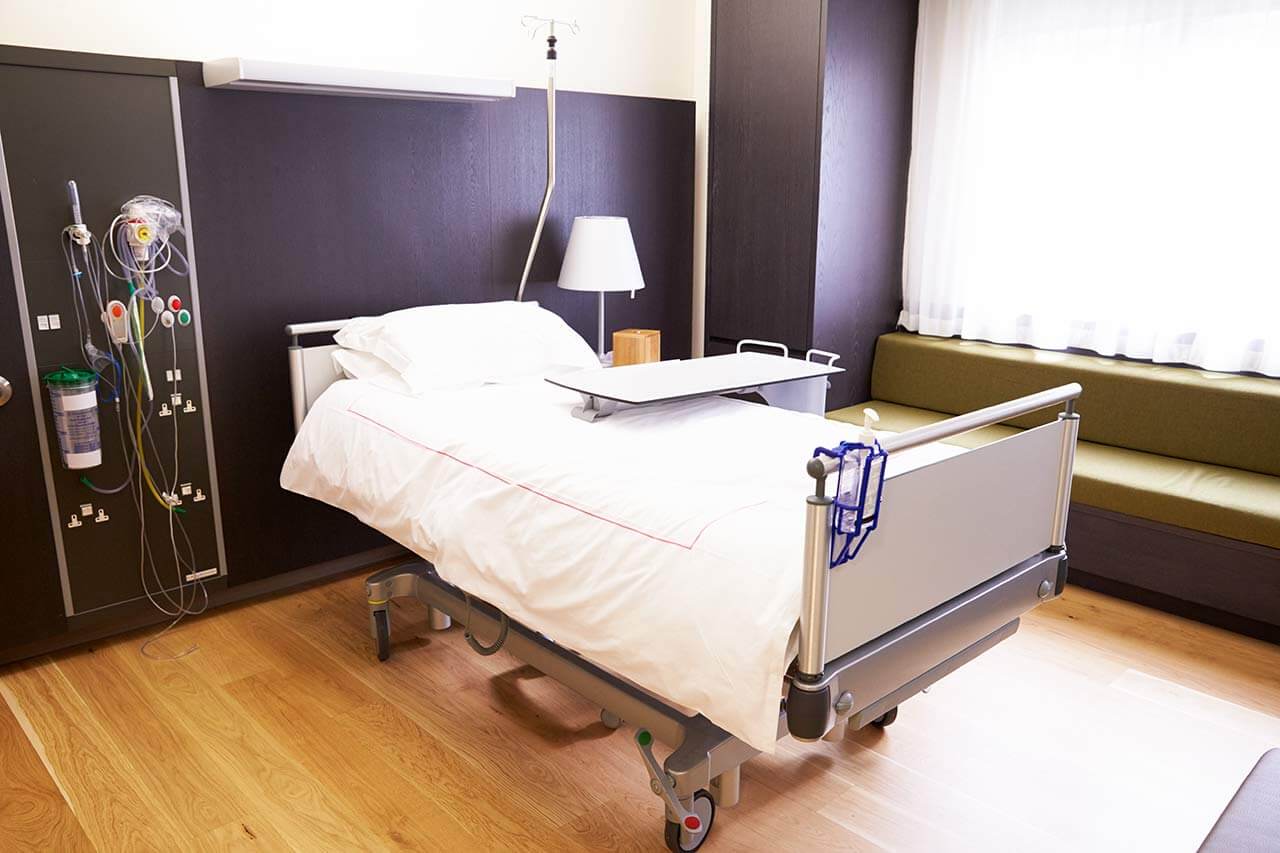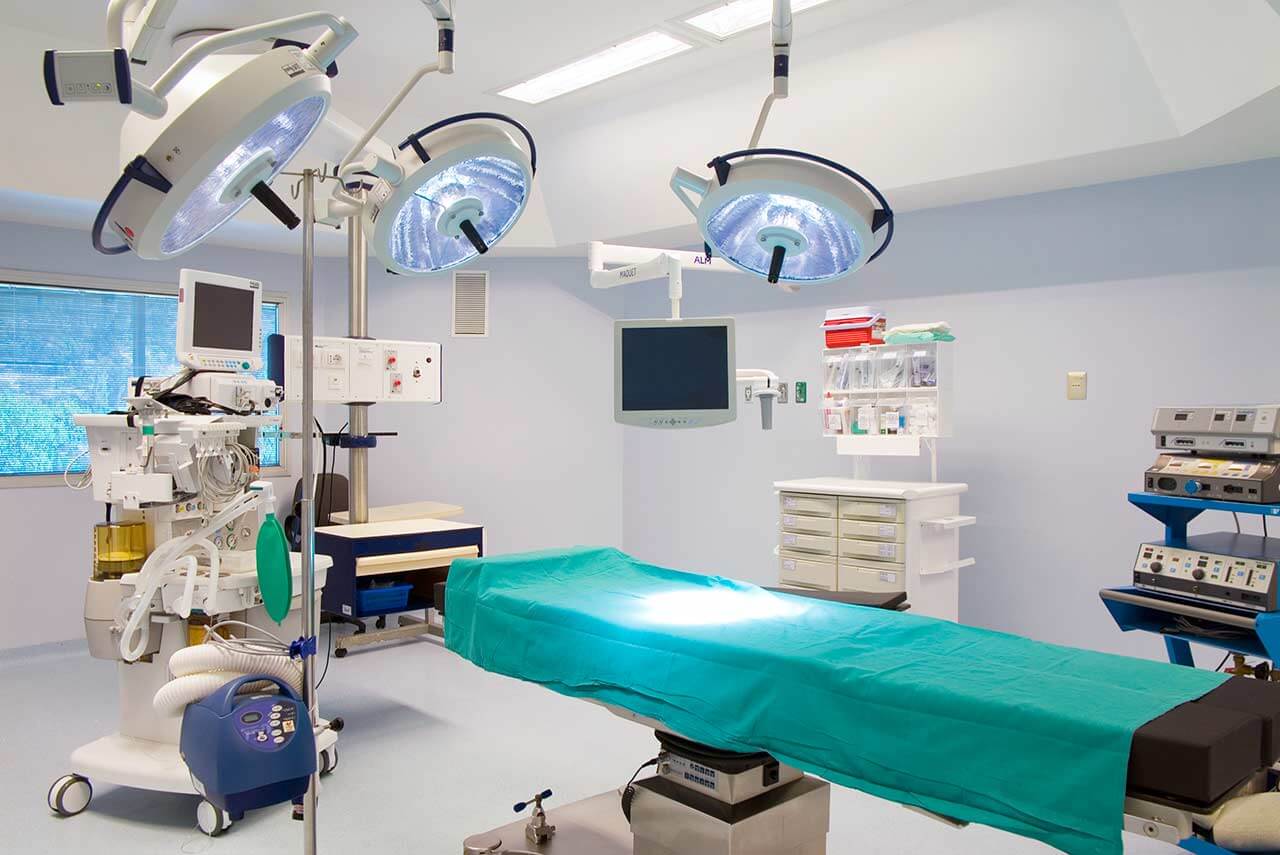
The program includes:
- Initial presentation in the clinic
- clinical history taking
- review of medical records
- physical examination
- laboratory tests:
- complete blood count
- general urine analysis
- biochemical analysis of blood
- TSH-basal, fT3, fT4
- tumor markers
- inflammation indicators
- indicators of blood coagulation
- ultrasound scan
- CT / MRI scan
- 1 course of chemotherapy
- nursing services
- control examinations
- consultations of related specialists
- explanation of individual treatment plan
How program is carried out
During the first visit, the doctor will conduct a clinical examination and go through the results of previous laboratory tests and instrumental examinations. After that, you will undergo an additional examination, including laboratory assessment of liver and kidney function, ultrasound scan. Based on the received results, the doctor will elaborate the chemotherapy regimen. If necessary, related medical specialists will be involved in the elaboration of a treatment regimen (tumor board).
Chemotherapy is carried out as the day hospital procedure, without mandatory admission to the hospital. After the placement of a venous catheter, you will stay in a comfortable ward. An infusion system will be connected to the catheter, through which the required drug or a drug combination will be administered. All drugs are administered by intravenous drip, slowly, so the total duration of the infusion can be up to several hours. All this time, doctors and nurses will monitor your health condition closely.
After the course of chemotherapy, you will stay under medical supervision in the ward for a few more hours. If your general condition is good, your doctor will allow you to leave the hospital. You will receive the medical report with detailed recommendations regarding further treatment. In the future, you will be able to have a distant consultation with your attending physician and schedule the next course of chemotherapy, if necessary.
Required documents
- Medical records
- MRI/CT scan (not older than 3 months)
- Bone marrow biopsy results (if available)
Service
You may also book:
 BookingHealth Price from:
BookingHealth Price from:
About the department
The Department of Hematology at the Tel Aviv Sourasky Medical Center provides highly qualified care to patients suffering from various blood diseases, including malignant hematological diseases. The treatment of malignant diseases of the hematopoietic system is based on the use of various schemes of intensive chemotherapy and bone marrow transplantation. If desired, the patients can be treated within the clinical trials. As a rule, this option is offered to the patients who do not have positive dynamics due to the application of classical treatment methods. The department is headed by Prof. Dr. med. Irit Avivi.
Of particular interest to the department's specialists is the treatment of acute and chronic leukemias, myelodysplastic syndrome, multiple myeloma, Hodgkin lymphoma and non-Hodgkin lymphomas, as well as benign blood diseases (anemia and blood-clotting disorders). The department provides both inpatient and outpatient treatment. The inpatient treatment is mainly recommended for patients with malignant blood diseases who require intensive chemotherapy and bone marrow transplant. Such pathologies include acute leukemias (AML and ALL), aggressive lymphomas, Hodgkin disease and multiple myeloma. The treatment methods for these diseases can be the very latest types of chemotherapy, experimental chemotherapy for patients with resistant types of cancer and bone marrow transplant (autologous or allogeneic).
Most patients are treated in single rooms, which are equipped with HEPA filters for air filtration and reduction of the frequency of infections, as well as in the Intensive Care Unit.
The multidisciplinary medical team of the department consists of hematologists, transplantologists, nurses, specialists in infections, nutritionists, psychologists, music therapists and social workers. They all work for the benefit of their patients in order to provide high quality medical care and achieve optimal treatment results. The nursing staff is also highly professional and constantly undergoes advanced training courses.
The main clinical focuses of the department include:
- Diagnostics and treatment of acute and chronic leukemias
- Diagnostics and treatment of myelodysplastic syndrome
- Diagnostics and treatment of multiple myeloma
- Diagnostics and treatment of Hodgkin lymphoma and non-Hodgkin lymphomas
- Diagnostics and treatment of benign blood diseases (anemia and blood-clotting disorders)
- Diagnostics and treatment of other hematologic diseases
Curriculum vitae
Education and Internship
- Graduate of the Faculty of Medicine of the Israel Institute of Technology (Technion), Haifa.
- Hematology Internship at the Rambam Health Care Campus Haifa.
- Professional Internship in the Treatment of Lymphoma, Myeloma and Bone Marrow Transplantation at the University Hospital London, England.
Professional Career
- Senior Physician at the Institute of Hematology and Bone Marrow Transplantation at the Rambam Health Care Campus Haifa.
- Head of the Department of Hematology at the Tel Aviv Sourasky Medical Center, Tel Aviv.
- Senior Lecturer in Hematology, Faculty of Medicine, Israel Institute of Technology (Technion), Haifa.
- Chairman of the Israeli Multiple Myeloma Study Group.
- Member of the European Research Group on Bone Marrow Transplantation in Lymphoma.
Research Activities and Scientific Interests
- The author of more than 50 scientific works on hematology, which were published in Israeli journals and international medical journals.
- Co-author of many medical textbooks and presentations for international conferences.
- In 2011, she was awarded with Research Grant from the Israeli Military Intelligence.
Main Clinical Focuses
- Treatment of multiple myeloma.
- Treatment of lymphomas.
- Bone marrow transplantation.
- Treatment of malignant brain diseases.
- Improvement of immune function in cancer.
Photo of the doctor: (c) Tel Aviv Sourasky Medical Center
About hospital
The Tel Aviv Sourasky Medical Center is the second largest and one of the most advanced healthcare and research facilities in Israel. It began its work in 1961, but it is still popular among the local population and attracts thousands of international patients.
The multidisciplinary medical center covers an area of 150,000 m². It has 60 departments and institutes with 1300 beds. The hospital annually provides its highly professional services to more than 1,5 million patients. In addition, the hospital enjoys prestige among doctors, many of whom want to have an internship and work here.
The medical center employs more than 6,400 people, among them more than 1,100 doctors, 1,760 nurses, 850 medical laboratory assistants, technical and other employees. The medical staff successfully combines clinical and research activities. The hospital annually conducts clinical trials aimed at the the development of new diagnostic and treatment methods.
Structurally, the medical facility is divided into four main hospitals. These include the General Hospital, the Rehabilitation Hospital, the Lis Maternity and Women's Hospital and the Dana-Dwek Children's Hospital.
The medical center is focused on individualized treatment. With adherence to the international standards of service, the specialists take into account the needs of each patient, his age and a specific clinical case. The medical center strives to provide treatment in a friendly and respectful atmosphere, with an empathic attitude to each patient.
Photo: (c) depositphotos
Accommodation in hospital
Patients rooms
The patients of the Tel Aviv Sourasky Medical Center live in comfortable rooms equipped with all necessary amenities. The standard room includes an automatically adjustable bed, a bedside table, a wardrobe for storing clothes. Also, each room has an ensuite bathroom with shower and toilet.
Meals and Menus
The medical center offers three meals a day: breakfast, lunch and dinner. For lunch, the patients have a choice of daily menus. If for some reason you do not eat all foods, you will be offered an individual menu. Please inform the medical staff about your food preferences prior to treatment.





